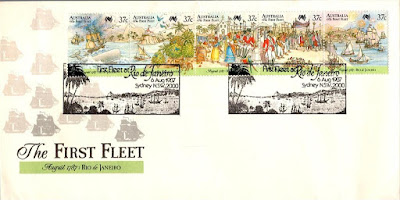Sultan Hisamuddin Alam Shah was the second Yang di-Pertuan Agong (King) of Malaysia and the Sultan of Selangor. His full name was Sultan Hisamuddin Alam Shah ibni Almarhum Sultan Alauddin Sulaiman Shah, and he was born on 13 May 1898, in Selangor, Malaysia. His reign as the Sultan of Selangor began in 1938 and lasted until his death in 1960.
Sultan Hisamuddin was elected as the Deputy Yang di-Pertuan Agong when Malaysia gained independence in 1957. He ascended to the throne as the Yang di-Pertuan Agong in April 1960 after the passing of the first King, Tuanku Abdul Rahman. However, Sultan Hisamuddin Alam Shah's tenure as King was very brief; he passed away on 01 September 1960, just a few months after taking office. His passing occurred before his official installation as Yang di-Pertuan Agong.
As a ruler, Sultan Hisamuddin was known for his dedication to the welfare of his people and his efforts to modernize Selangor during his reign. His death marked a significant moment in Malaysian history as it was the first time a sitting Yang di-Pertuan Agong had passed away.



.jpg)





